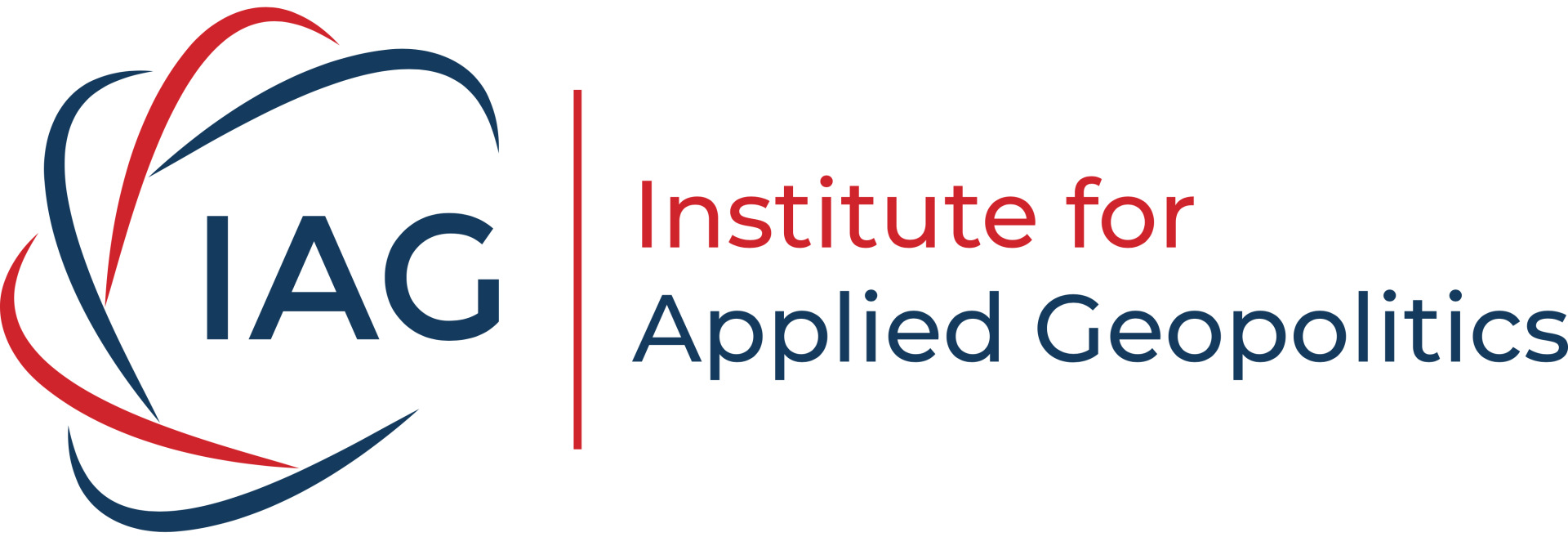Australia Expels Iranian Diplomats, Moves to Designate IRGC as Terrorist Group Amidst Diplomatic Fallout

iStock.com/SCM Jeans
Intelligence Summary
On August 26, 2025, the Australian government announced the expulsion of Iran’s ambassador and several Iranian diplomats, accusing Tehran of directing a series of antisemitic attacks on Jewish community sites in Australia. Prime Minister Anthony Albanese stated that Australian intelligence and law enforcement agencies had gathered evidence linking the Iranian state to the orchestration of these incidents, which included vandalism and threats against Jewish institutions.
The Australian government declared that Iran’s actions represented a direct threat to national security and public safety. Albanese emphasized that the decision to expel the ambassador was not taken lightly but was necessary to protect Australian citizens and uphold the integrity of the country’s democratic institutions. He further confirmed that the Iranian Revolutionary Guard Corps (IRGC) will be designated as a terrorist organization under Australian law, a move that aligns Canberra with similar measures taken by other Western states.
The expulsions followed a series of coordinated law enforcement operations in Australia, where security agencies disrupted what they described as Iranian-directed influence and intimidation campaigns. These included attempts to incite violence against Jewish communities and spread antisemitic propaganda. Australian authorities stated that the attacks were not isolated acts of extremism but part of a broader campaign linked to Iranian state actors.The Iranian government has not issued a detailed public response to the accusations.
The Australian decision was coordinated with intelligence-sharing partners, and officials indicated that the evidence linking Iran to the attacks was corroborated by allied intelligence services.
The diplomatic fallout has been immediate, with Australia suspending certain channels of engagement with Tehran. Analysts noted that this action could trigger reciprocal expulsions of Australian diplomats from Iran, further reducing the already limited avenues for dialogue.
Why it Matters
The expulsion of Iran’s ambassador and diplomats from Australia and the impending designation of the IRGC as a terrorist organization represent a significant escalation in the confrontation between Iran and Western states. This development demonstrates how Iran’s activities are no longer being treated solely as a regional security issue in the Middle East but as a global threat that extends into Western domestic security environments. By directly linking Tehran to antisemitic attacks on Australian soil, Canberra has elevated the confrontation from a matter of foreign policy to one of internal national security.
Strategically, this move reinforces the growing alignment among Western states in adopting a coordinated approach to counter Iranian influence. Australia’s decision mirrors similar measures taken in Europe, where governments have expelled Iranian diplomats and debated the IRGC’s terrorist designation. This convergence of policy indicates that Iran is increasingly being isolated diplomatically, with fewer Western governments willing to maintain normal relations. The result is a narrowing of Iran’s diplomatic space and a reduction in its ability to operate through traditional state-to-state channels.
Australia’s effort to designate the IRGC as a terrorist organization has broader implications for military deterrence and intelligence operations. It criminalizes any material support for the group, complicates Iran’s ability to use its networks abroad, and provides legal grounds for expanded intelligence and law enforcement cooperation among Western allies. This could lead to more aggressive monitoring of Iranian-linked financial transactions, cyber activities, and covert operations. It also signals to Tehran that its use of hybrid tactics, such as influence campaigns and intimidation of diaspora communities, will be met with state-level countermeasures rather than being treated as isolated criminal acts.
The confrontation with Iran intersects with broader geopolitical rivalries. Iran has positioned itself as a partner to Russia and China in challenging Western influence, and the escalation of Western measures against Tehran could push it further into alignment with these powers. This dynamic risks deepening the polarization of the international system, where states facing Western sanctions and diplomatic isolation increasingly turn to alternative networks of support.
The Australian decision also has implications for international law and diplomatic norms. The expulsion of an ambassador is one of the most severe diplomatic measures short of breaking relations entirely. By taking this step, Australia has signaled that it views Iran’s actions as a violation of the Vienna Convention on Diplomatic Relations, which obliges diplomats to respect the laws and regulations of the host state. If other Western countries follow suit, Iran could face a cascading series of expulsions that would severely limit its diplomatic presence in key capitals.
Energy security is indirectly affected by these developments. As Western states tighten sanctions and diplomatic pressure on Iran, the likelihood of disruptions in global energy markets increases. Iran has historically used its position in the Persian Gulf and its influence over proxy groups to threaten maritime chokepoints such as the Strait of Hormuz. If Tehran perceives that it has little to lose diplomatically, it may resort to more aggressive tactics in these areas, raising risks for global energy flows.
Finally, the intelligence dimension of this confrontation is critical. The Australian government’s decision was based on intelligence assessments linking Iran to the attacks, and officials emphasized coordination with allied intelligence services. This highlights the role of intelligence-sharing networks in shaping policy responses to hybrid threats. It also underscores the growing importance of counterintelligence and domestic security operations in the broader geopolitical contest with Iran.
In sum, the expulsion of Iranian diplomats from Australia is not an isolated bilateral dispute but part of a larger pattern of escalating confrontation between Iran and the West. It reflects the convergence of domestic security concerns and alliance coordination, and has significant implications for diplomacy, intelligence operations, and global security.
Key Actors
- Australia
- Iran
- Iranian Revolutionary Guard Corps (IRGC)

